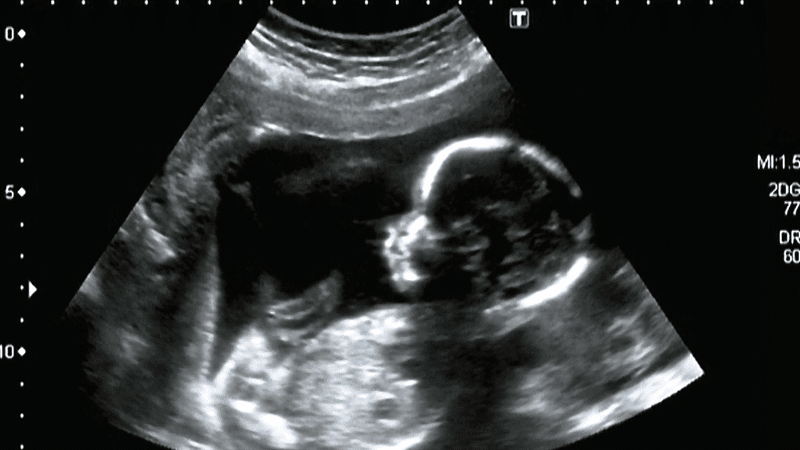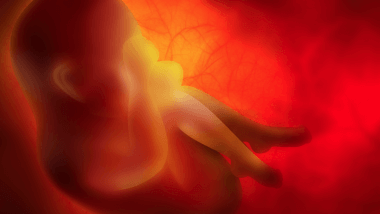The Scottish Parliament has backed proposals to impose Scotland-wide censorship zones outside abortion centres.
MSPs voted in favour of the general principles of the Abortion Services (Safe Access Zones) (Scotland) Bill, by 123 votes to 1. It will now proceed to Stage 2 where amendments can be discussed.
The Bill intends to block any pro-life witness within 200 metres of abortion centres. Although it does not mention prayer, a number of MSPs who voted in favour of the zones raised concerns that it could criminalise thoughts and suggested an exemption for silent prayer.
‘Thought police’
Scottish Conservative MSP Dr Sandesh Gulhane asked: “Are we asking the police to determine whether the law is breached by a bystander who might be engaged in silent prayer? Are we criminalising thought?
“We must be clear how we police this, given that, during evidence at the committee, the police were clear that they would not ask somebody why they were at a buffer zone, and they clearly said that they were not the thought police.”
SNP MSP Ruth Maguire added: “I feel that an exemption for silent prayer may be necessary, because I want to avoid the criminalisation of private thoughts. I am concerned about the worry of those with faith who told us that they feel that they may be targeted for what they think and believe and not for their actions.”
Deputy Leader of the Scottish Conservatives Meghan Gallacher questioned if silent prayer should be deemed “intimidating”, arguing it is “different from examples that we have heard that involved clear intimidation”.
Unborn
In response, the Bill’s author Gillian Mackay MSP claimed that “prayer in itself is not an offence”, but said providing an exemption would “allow the continuation of the presence and behaviours that we know are intimidating”, which she claimed would “undermine the bill entirely”.
Minister for Public Health and Women’s Health Jenni Minto explained that it is “not the prayer itself but the sense of judgment that can be harmful”.
But SNP MSP John Mason, who voted against the Bill, urged his colleagues to consider the harm to “unborn babies who certainly cannot speak for themselves”.
He said: “At the very least, I ask members to think about the babies in all this. The mother’s healthcare is supremely important, but the baby is important, too, and someone needs to speak up for those babies, whether it is in Parliament or out in the streets.”
‘Censorship’
Earlier this year, pro-lifers told the Health, Social Care and Sport Committee that the Bill threatens religious freedom and freedom of thought.
Revd Stephen Allison said the Free Church of Scotland found the proposed ban on silent prayer deeply concerning, noting “the precedent that it is setting and the question whether it could be extended to other areas”.
He indicated that the Bill was straying into a “difficult area” by “telling people that a certain kind of religious practice is acceptable in one area but not in another”.
Director of March for Life UK Isabel Vaughan-Spruce, who was arrested for silently praying outside an abortion clinic in Birmingham while it was closed, called on Holyrood to “protect freedom of thought and speech” and “promote tolerance as opposed to censorship”.
Pro-life speaker suffers ‘verbal abuse’ as students try to shut down event
Poll: Over half of adults oppose decriminalisation of abortion
Woman in Limerick suffers ‘life-threatening’ complication after taking abortion pills


